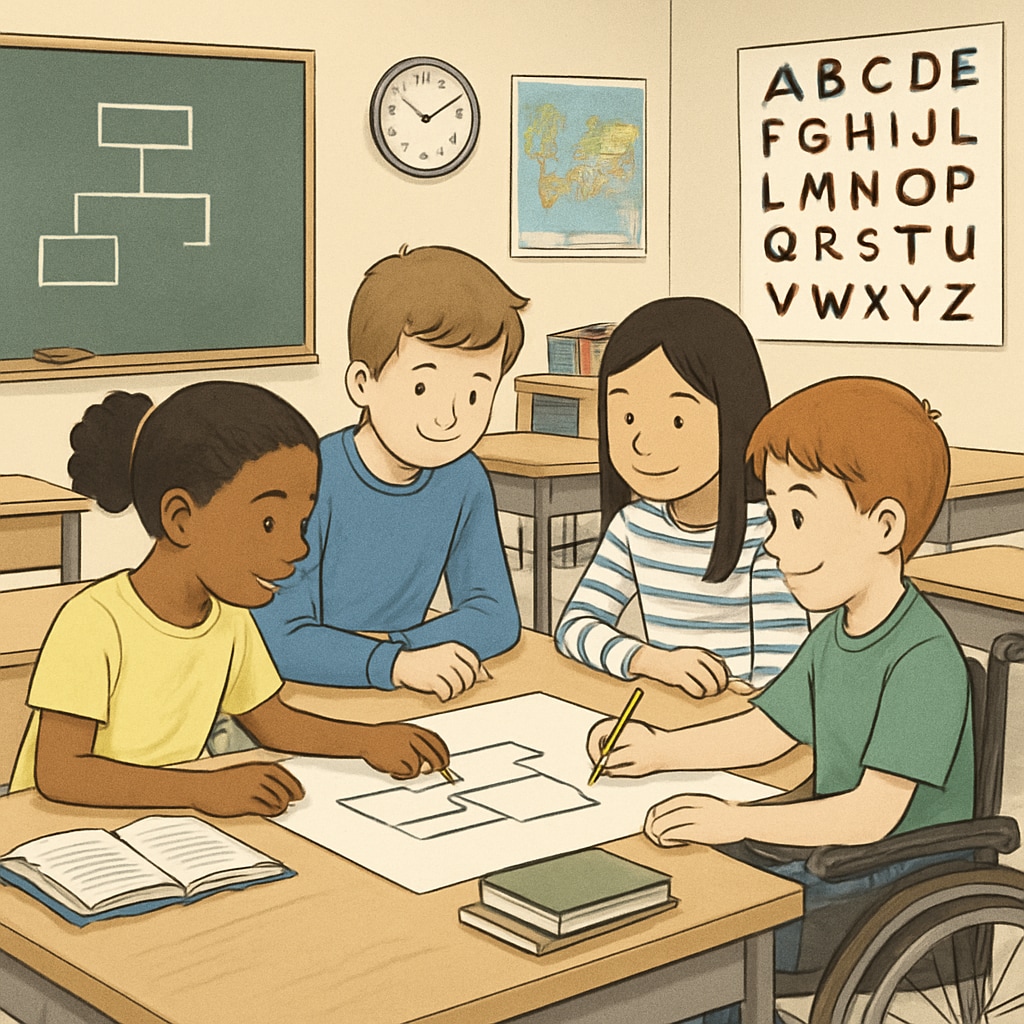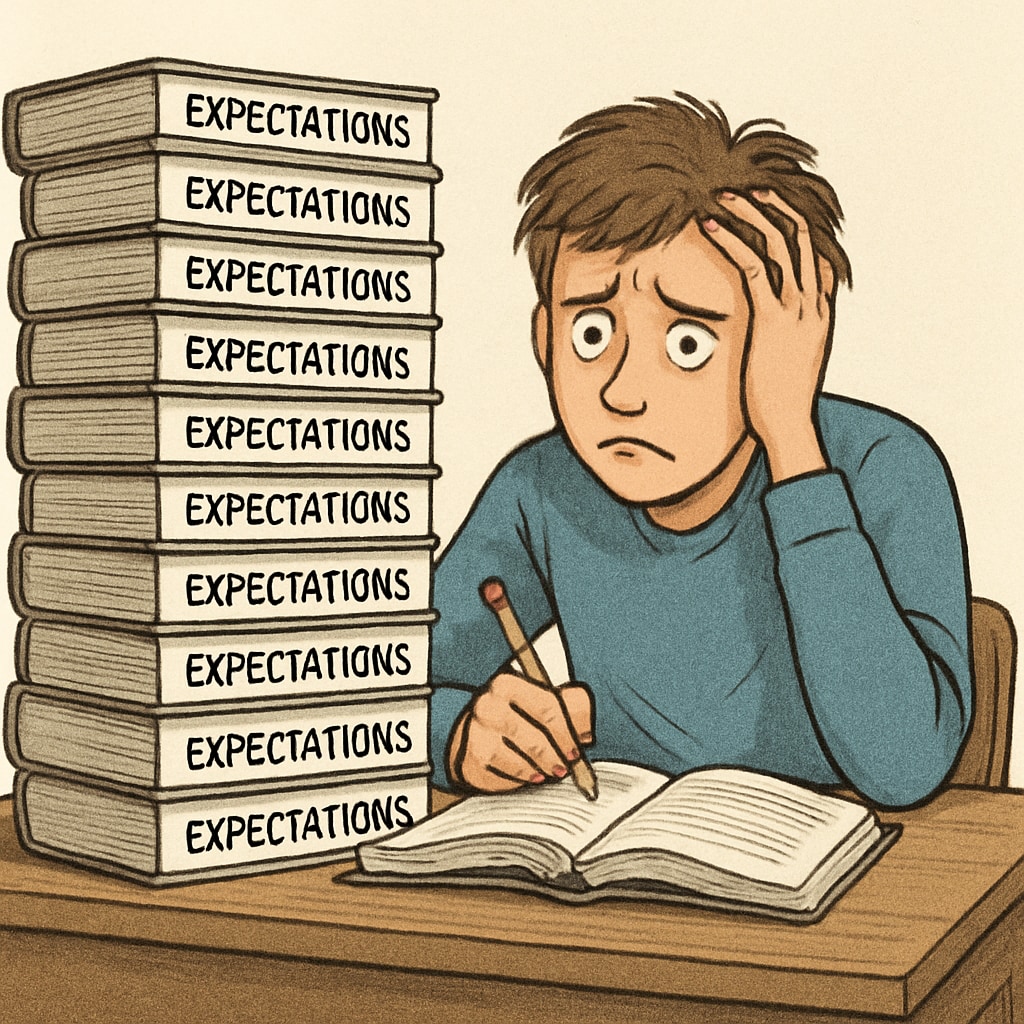In modern education systems, the “genius” label often seems like a badge of honor. However, beneath its glossy surface lies a complex web of psychological challenges. This label can generate self-doubt among average students, who feel overshadowed by their high-achieving peers, while simultaneously burdening those labeled as “geniuses” with unrealistic societal expectations. The consequences of this dynamic create a mental health trap where no one truly benefits. To address this issue, educators and parents must reconsider how they define and celebrate academic success.
Understanding the Psychological Impact of the Genius Label
While the term “genius” is often used to highlight exceptional talent, its application in educational settings can have unintended consequences. For students without this label, it can lead to feelings of inadequacy and reduced self-worth. They may perceive themselves as less capable, despite having diverse talents that fall outside traditional academic metrics. On the other hand, students identified as “geniuses” often experience overwhelming pressure to maintain their perceived superiority. This can result in anxiety, perfectionism, and even burnout.

Research suggests that the genius label can also shape how students view themselves and their potential. According to self-fulfilling prophecy theory, individuals often conform to the expectations placed upon them. For a “genius,” this might mean striving to meet impossibly high standards, while for others, it could mean internalizing a belief that they are less capable, leading to disengagement and reduced effort.
Societal Expectations and Their Role in Education
Society often glamorizes the idea of the “genius,” tying it to notions of success and superiority. This creates a culture where students are measured against unrealistic benchmarks, fostering a competitive environment that prioritizes individual achievement over collective growth. The genius label is not only psychologically taxing for students but also problematic from an educational ethics standpoint. By elevating certain individuals, we risk marginalizing others and undermining the principle of equal opportunity in learning.

Moreover, societal expectations can influence how educators and parents interact with students. Those labeled as geniuses may receive focused attention and resources, while others are overlooked or encouraged to simply “try harder.” This dichotomy perpetuates inequality and limits the potential of many students who thrive in alternative learning environments or excel in non-academic fields.
Building Inclusive and Balanced Learning Environments
To mitigate the negative effects of the genius label, educators and parents must adopt strategies that prioritize inclusivity and holistic development. Here are some actionable approaches:
- Celebrate diverse talents: Recognize achievements in arts, sports, teamwork, and emotional intelligence alongside academic performance.
- Encourage collaborative learning: Foster environments where students of varying abilities work together, emphasizing mutual growth over competition.
- Provide mental health resources: Offer counseling and support for students facing stress or self-doubt due to societal expectations.
- Avoid fixed labels: Focus on growth-oriented feedback rather than static labels that define a student’s potential.
By implementing these strategies, the education system can shift away from a label-centric approach and toward a more holistic and equitable model. For further reading on inclusive education practices, visit Education on Britannica.
Conclusion: Rethinking Educational Ethics and Labels
The genius label in education systems often does more harm than good, creating a psychological burden that impacts all students regardless of their abilities. While it may seem like an effective way to reward excellence, its long-term effects reveal a pressing need to redefine how we approach academic success. By fostering inclusive and balanced learning environments, we can ensure that every student feels valued and empowered to reach their full potential. It’s time to shift the focus from labels to lifelong learning and well-being.


